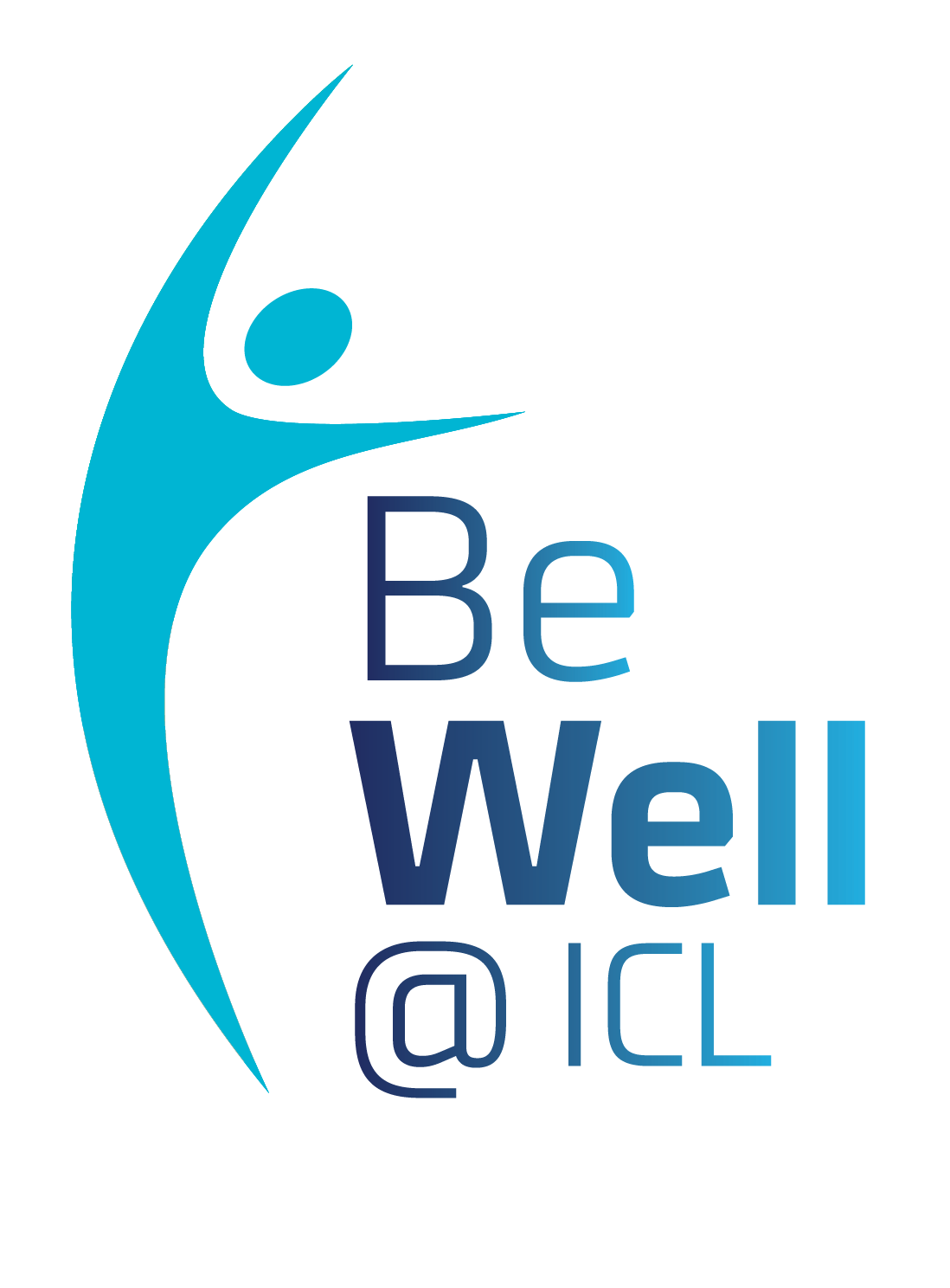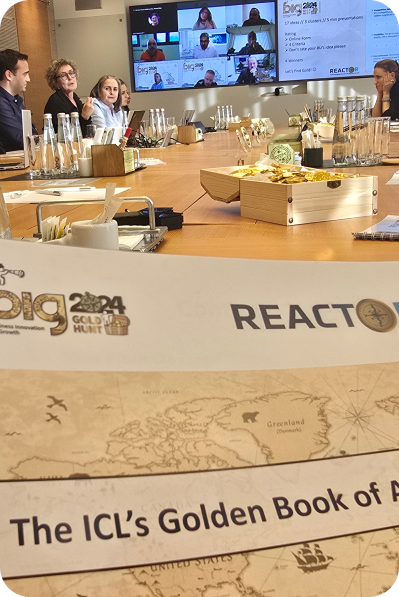The concept of corporate social responsibility (CSR) has already become part of most companies’ strategic vision. CSR is a key component in strategic planning for any socially aware and forward-thinking company. However, CSR has acquired a bad reputation for being used by Corporations as a PR tool for greenwashing.
The portrayal of corporate social responsibility is now a financial tool and a common corporate practice. With so many companies eager to demonstrate their commitment to CSR, a new metric has emerged. Environmental, Social Governance (ESG) is already becoming a fundamental requirement for successful businesses. 2022 is expected to be the year when the evolution of ESG from CSR becomes a major career consideration for CEOs.
What is CSR?
Corporate social responsibility is the acknowledgment that businesses exist and function as an integral part of society. The privilege of earning profits brings social obligations and environmental responsibility at a micro and macro level.
These obligations – to employees, local communities, peers, customers, investors, and to our shared environment – are not a burden. Companies need ESG as it allows corporations to be accountable towards stakeholders’ requirements.
Companies that understand and embrace the concept of CSR are positioning themselves for improved efficiency, profitability, the long-term potential to grow and expand into new markets, and soon-to-be-regulated mandatory ESG disclosures.
What is ESG?
Environmental, Social Governance is not simply a fashionable buzzword or a useful PR gimmick. Clearly defined ESG criteria are quantifiable and tangible propositions. They demonstrate a company’s value to investors, clients – and increasingly to potential employees.
As the pool of Millennial investors grows (and Millennials become the decision-makers who close deals and allocate contracts) measuring ESG performance will become normal business practice.
What is the Difference Between ESG and CSR?
The difference between ESG and CSR is essentially that corporate social responsibility is an underlying philosophy of accountability. When a Board embraces CSR and displays strong leadership, CSR becomes part of the corporate culture. Rather than asking “What is CSR?” and expecting definitive answers, we should view CSR as an evolving process that occurs differently within each corporation, industry, and society.
Environmental social governance is a business practice available to companies with an existing culture of corporate social and environmental responsibility. ESG strategies publicly define specific goals with quantifiable results. These strategies are formulated to demonstrate a company’s actual activities and successes, not to pay lip service to its commitment to CSR.
In a global business landscape that places increasing emphasis on social responsibility, the long-term winners will be corporations that understand the difference between ESG and CSR (and why ESG and CSR matter.)
The evolution of ESG from CSR is a logical process that follows basic business principles. Neither concept is fundamentally complex and there is a natural transition from one to the other. Measuring ESG performance is no different from producing quarterly reports or white papers. It’s simply a new form of corporate accountability that meets the demands of the 21st- century economy.
When did CSR become ESG?
The term ESG was first coined in 2005 in the landmark report, “Who Cares Wins,” which highlighted the importance of integrating environmental, social, and governance factors into business practices. This marked a shift from CSR’s sometimes vague initiatives to ESG’s measurable and transparent metrics that better hold companies accountable.

Why is ESG so Important Today?
There are a number of key reasons why ESG and CSR matter, but the fundamental issue is that of public expectations. The relationship between corporations and the societies they function in is shifting radically.
Within a single generation, we’ve experienced the upheavals of globalization, environmental consciousness, climate change risk assessments, an ongoing technological revolution, and the impact of COVID-19 lockdowns on working practices.
We live in an information age where new trends can go viral. Every private citizen with a social media account is a potential journalist or influencer. Corporations are publicly accountable on an unprecedented level.
This accountability is also a driving force that is creating superb business opportunities, as well as an impetus towards rationalization, efficiency, and cost savings. Companies that are already adapting to the evolution of ESG from CSR have a strategic competitive advantage.
5 major reasons why ESG and CSR matter to modern businesses:
- Investors (including private shareholders, banks, and major funds) will consider ESG criteria when making financial decisions. The SEC is now pushing for mandatory ESG reporting.
- Companies bidding for contracts, and official approval for developments, will increasingly face ESG evaluations.
- Well, thought-out ESG goals can reduce supply chains, rationalize operations and logistics, cut costs, and create new business opportunities.
- In a changing job market, companies that can demonstrate an impressive ESG record may be at an advantage when hiring.
- Company-wide involvement in ESG can improve employee morale, increase productivity, and aid retention. Companies with local community involvement and strong community relations can enhance their long-term prospects and gain a social license to operate.
ESG is Here to Stay
Environmental, social governance is not a business fad. Corporations have always competed with business rivals for consumer dollars. The traditional competitive metrics were prices, product/service quality, and customer service.
Over the next decade, ESG is expected to become part of the competitive equation. Soft ESG will be a key aspect of sustainable accountability. Hard ESG will be a vital component of bids and proposals. Defining and measuring ESG performance is likely to become a professional role.
More on the subject:
The Meaning of Corporate Social Responsibility
ICL’s Thinking Doing Flagship Project in Israel: Empowering Communities through Social Entrepreneurship
Mining Restoration – Returning Nature To Where It Belongs
ICL’s Approach to ESG
ICL was an early pioneer of corporate social responsibility and was quick to grasp the business potential of ESG. Once we’d clearly defined what is ESG it was a simple matter to identify areas where we could gain tangible benefits.
ICL is a growth-oriented company with wide experience in developing new markets across the world. Identifying ambitious goals, and effective strategies to achieve them is part of the company’s DNA.
What is ESG at ICL in 2022?
ICL defined its Guiding Principles within three pillars to demonstrate who we are and the actions that we take. These pillars are:
#1 Ingenuity – Our innovation is created by our passionate employees, unparalleled R&D infrastructure, and multiple partners, all forming a unique ecosystem.
#2 Care – Doing what is right for our employees, business partners, shareholders, communities, and the environment.
#3 Leadership – We are market leaders in innovation, cost management, and sustainability, thanks to our performance-driven, can-do mindset and our winning spirit.
ICL’s vision includes ambitious goals aimed to address major challenges including a bold roadmap with a set of clear ESG goals. The defining goal is to be entirely carbon-neutral by 2050.
Other goals that demonstrate ICL’s bold approach to ESG include:
- Absolute greenhouse gas (GHG) emissions Scope 1, 2, reduction of 30% by 2030 (vs. a 2018 baseline)
- Increase share of renewable energy consumption to 50% by 2040
- Increasing circular economy & water savings impact by additional 3% recycling of waste streams per year
- Support community initiatives by contributing 1% of income (before tax)
- Encourage personal environmental responsibility and volunteering of our employees
- Promote Sustainable Procurement – increasing engagement of our value chain
- Promote fairness, diversity, inclusion and belonging
ICL is also working strategically to align with the UN’s 17 Sustainable Development Goals to pave the way for a more sustainable future. The SDGs that are most relevant to ICL’s global operations are #2 – Zero Hunger and #9 – Build resilient infrastructure, promote inclusive and sustainable industrialization, and foster innovation.













